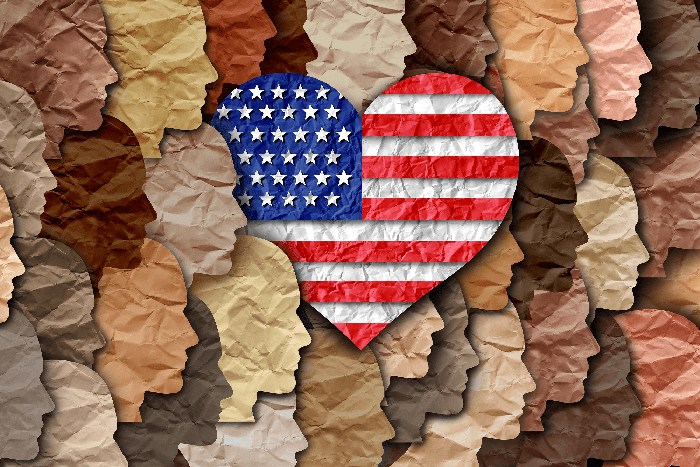In light of the COVID-19 pandemic, and with our team and warriors’ health in the forefront of our minds, the Emory Healthcare Veterans Program (EHVP) paused our in-person treatment services in March in an effort to slow the spread of the virus. We continued intakes and our traditional outpatient services over telehealth. Our centerpiece, the Intensive Outpatient Program (IOP), was quickly transformed into a telehealth model so that we could continue to treat warriors suffering from invisible wounds, despite the pandemic. This service is now available to eligible veterans across 13 states: Georgia, Texas, Arizona, Delaware, Illinois, New Hampshire, Nevada, Oklahoma, Utah, Colorado, Nebraska, Missouri and Pennsylvania.
After careful consideration, and following CDC and Emory’s Infection Prevention guidelines, we re-opened the in-person IOP in June. The in-person IOP model involves patients traveling to our clinic and receiving some services face-to-face and some virtually from their hotel room or an office space. The virtual sessions allow patients and therapists to be unmasked. Safety protocols, such as universal masking, limited cohort capacity, separate patient rooms and lounge areas, and daily temperature screenings are in place to ensure our warriors’ and team members’ health and comfort.
We knew this time of uncertainty and isolation could negatively impact veterans and service members, so our team was quick to mitigate such impacts. “Regardless of whether you’re in the military or out of the military, if your social supports are removed, you will get more isolated, and you’ll be at a higher risk of acting on impulses toward harming yourself,” said EHVP’s Deputy Director, Dr. Sheila Rauch, to CNN about the dangers of isolation during the COVID-19 pandemic. We want to decrease this risk.
Our veteran outreach coordinators organized a series of virtual social events to fill in those missing social supports. The military community joined together for weekly lunches, exercise events, and open mic nights.
We also created the We Got Your Six Toolkit, an online library of resources, including wellness guides, communication techniques and mental health care practices. Also included in the toolkit is a guide for comfortably wearing personal protection equipment, written by EHVP’s Executive Director Dr. Barbara Rothbaum and Dr. Rauch. Using their evidence-based treatment model for warriors, they partnered with Naomi Simon, MD, of New York University to create the COVID-19 Phased Approach to Mental Health Response, which provides an approach to mental health care during the global pandemic. The plan was highlighted in the Season 2 premiere of the Emmy award-winning show Your Fantastic Mind and has been adopted by mental health care providers across the nation, including the Anxiety and Depression Association of America.
Even before the COVID-19 pandemic, warriors faced many challenges in accessing high-quality mental health care. Barriers such as stigma, unreliable transportation, inconsistent appointments, and insufficient care in rural communities kept warriors from receiving the mental health care services they deserve. Removing these barriers has always been a core focus for our team, and the pandemic required us to reach warriors in need where they are—their homes.
Both care pathways, either in-person or via telehealth, deliver confidential, no-cost care for post-9/11 veterans and service members struggling with invisible wounds such as PTSD, traumatic brain injury, military sexual trauma, anxiety, and depression.
Elements of the evidence-based program include:
- Daily individual and group therapy
- Wellness coaching
- Yoga
- Family services to enhance relationships
- Care management to connect warriors with local community resources
- Medication education
- The opportunity to connect with other veterans
Our IOP, whether delivered in-person or via telehealth, reduces symptoms of invisible wounds, promotes health and overall well-being, decreases suicidal ideation, and improves relationships and social functioning.
Derix, an Army veteran and telehealth IOP graduate, was thankful to find healing for his invisible wounds at home. “My wife was there to participate in the family sessions with me, and I was able to go downstairs during breaks and help my son with his homework. I felt comfortable being able to complete the program at home,” he said. “The ease of the internet and being in my own space motivated me to complete the treatment.”
Providing evidence-based care as quickly and effectively as possible guides the EHVP team as we continue to work diligently during the pandemic and every day to optimize our treatment services for warriors and their families.
“Our north star is ensuring our program helps [warriors] do the things they want to do to have a better life, better relationships, and improved home and work function,” shared our Executive Advisor, Lt. Gen. (ret.) Burke Garrett.




